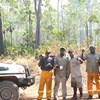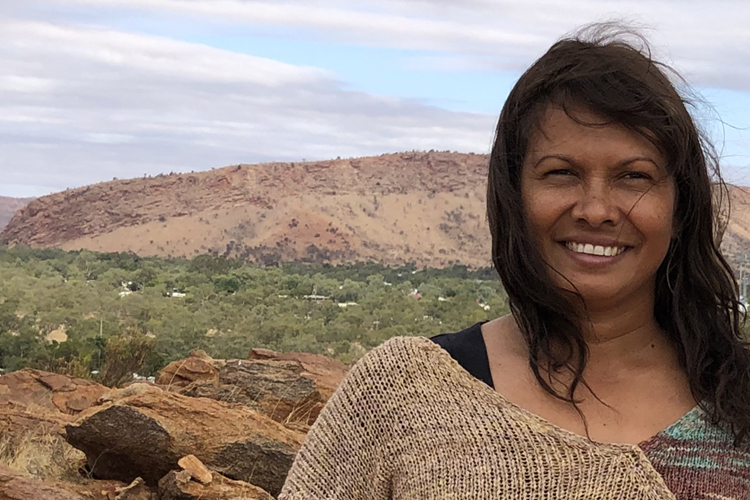
Changing the way research is driven
Tuesday, 13 August 2019Cissy Gore-Birch is a member of the Threatened Species Recovery Hub’s steering committee and the Chair of its Indigenous Reference Group. The Indigenous Reference Group was established to assist hub leaders and project teams to strengthen the engagement and participation of Indigenous people in the hub’s activities and research projects. Cissy recently attended the Species of the Desert Festival on the Paruku Indigenous Protected Area, where she spoke about both threatened and culturally important species, and increasing the voice of Indigenous people in environmental policies and research.
The Threatened Species Recovery Hub’s Indigenous Reference Group aims to make an impact in the field and on the ground and educate the groups we work with and broader society.
I believe we all have a role in managing Country and taking care of the environment. It is vital for threatened species programs to work with Indigenous people and for everyone to work collectively and in collaboration. Three-quarters of Australia’s threatened species have all or part of their distribution on Indigenous land and almost half of Australia’s land area is managed by Indigenous people.
I am passionate about research. But we need to look again at the way research is driven and to work together with Aboriginal people in new ways to address the big issues of threatened and other culturally important species.
In the past, the researcher’s point of view has been the driver – and the researchers have generally been university graduates who have devised a research question, come out to Country, taken information from Traditional Owners, and haven’t really given anything back. But now our people are starting to develop the research questions. We can present our own projects, access research funding and work closely in partnership with the universities, who are really interested in creating an impact from the kind of research questions that our people are raising on the ground.
Indigenous rangers are a further example of how partnerships between Traditional Owners, governments, universities, industry and NGOs can produce positive outcomes for both people and Country. There are now over 700 Indigenous rangers across Australia. These jobs are producing positive environmental, social, cultural and economic outcomes. And it’s really important for our funders to understand that Aboriginal people know where the threatened species are that are found on Aboriginal-held land and to work closely with us in programs to protect them.
A cultural perspective is vitally important. People are concerned about biodiversity losses in Australia, but threatened species are not the only things that are important. One of the priorities of the Indigenous Reference Group is looking into how we can gain more attention and funding for species of cultural significance to Aboriginal people. Often, we don’t have the resources to manage them effectively. I think we need to change that mindset, and change the views of people in policy and research. We need to care for these species that are important to communities.
The role we play as the Indigenous Reference Group is to guide the research of the Threatened Species Recovery Hub. We can make a difference by getting our people on board and letting them know that we’re able to share that message with governments and universities. 
Emus may not be threatened but they are culturally important to many Aboriginal people. Image: Benjamint444 CC BY-SA 3.0 Wikimedia Commons
Cissy Gore-Birch is a Jaru/Kija woman with connection to Balanggarra, Nyikina and Bunuba Country. She grew up on Balanggarra Country in the East Kimberley. She has worked in the natural resource management, Aboriginal land management and community development sectors for the past 20 years, including as the Chairperson of Balanggarra Aboriginal Corporation for nearly five years. Cissy has and continues to hold many leadership positions in the Kimberley and nationally. She is passionate about Country, people and sustainable livelihoods.
Top image: Cissy Gore-Birch on Arrernte Country this year.
-
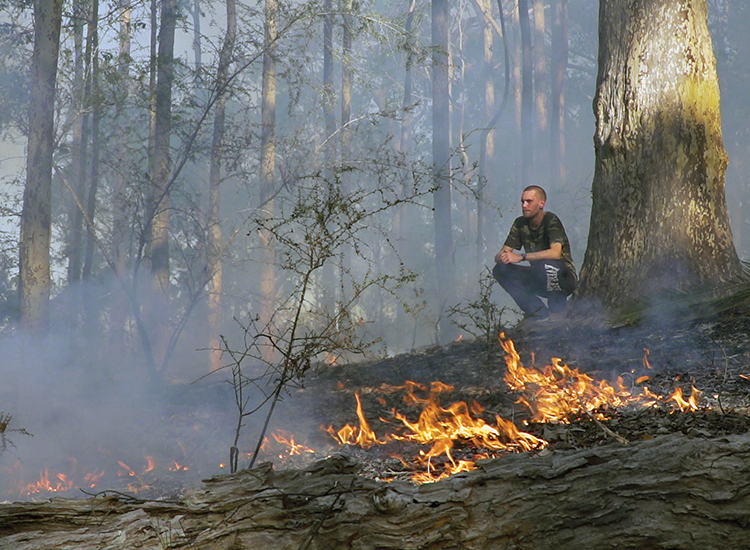
Cultural fire: Listening to and caring for Country with fire
Monday, 31 August 2020 -
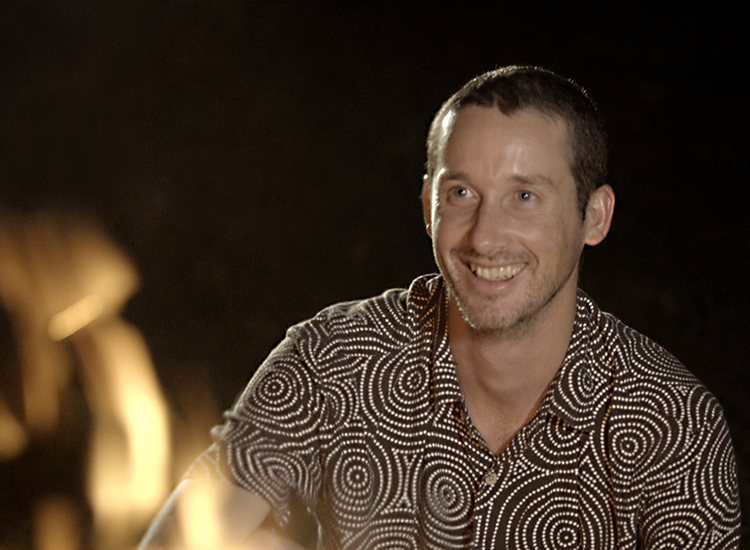
Indigenous advisor profile: Oliver Costello - Healing Country with cultural fire
Wednesday, 02 September 2020 -
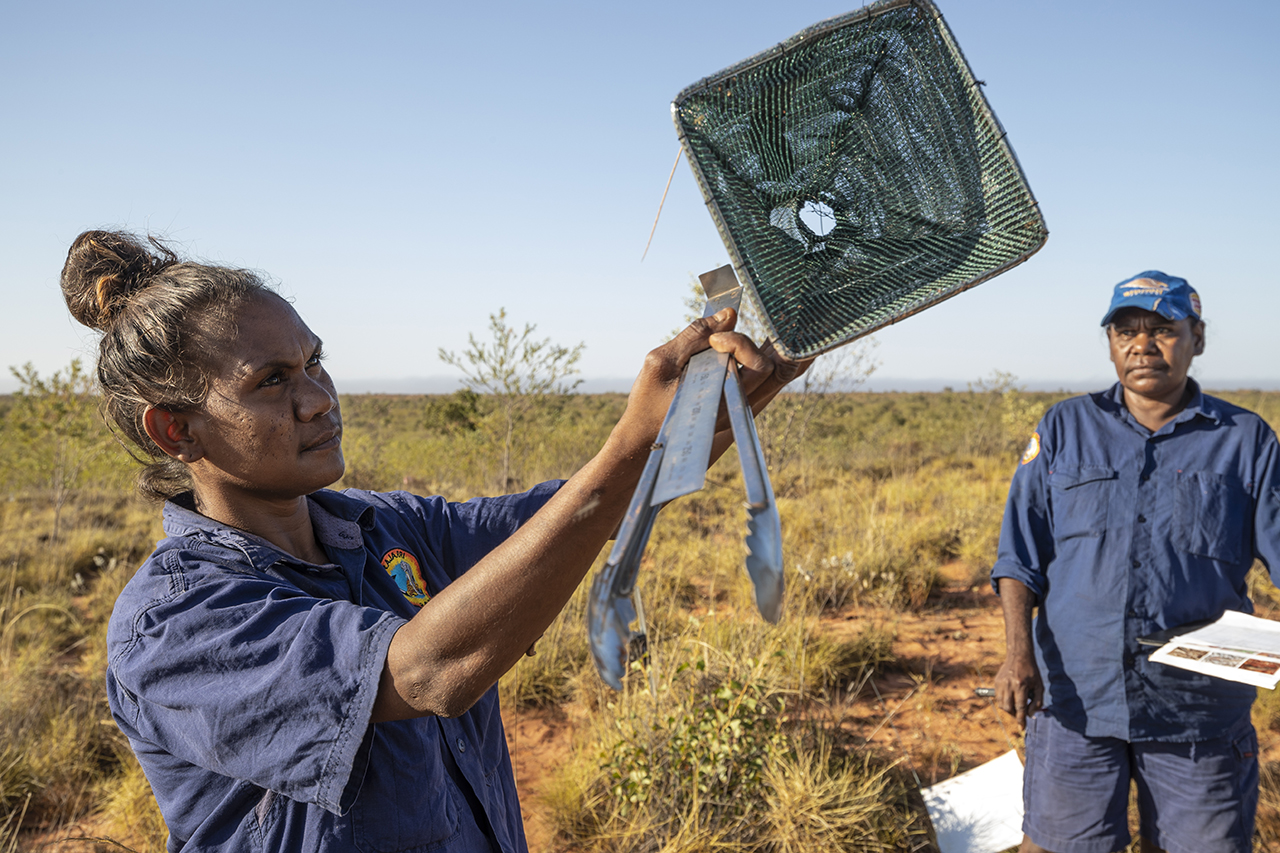
Indigenous Engagement Protocols: Forging respectful, meaningful partnerships for research impact
Wednesday, 21 October 2020 -
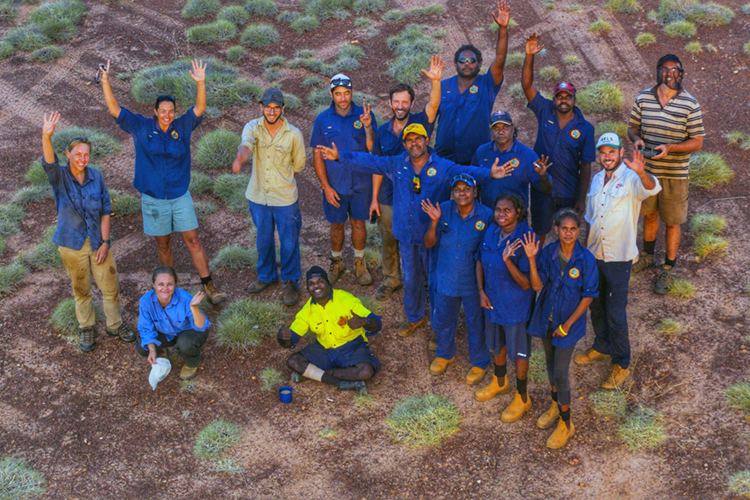
Appeasing Bluetongue Managing fire in the Great Sandy Desert
Tuesday, 13 August 2019 -
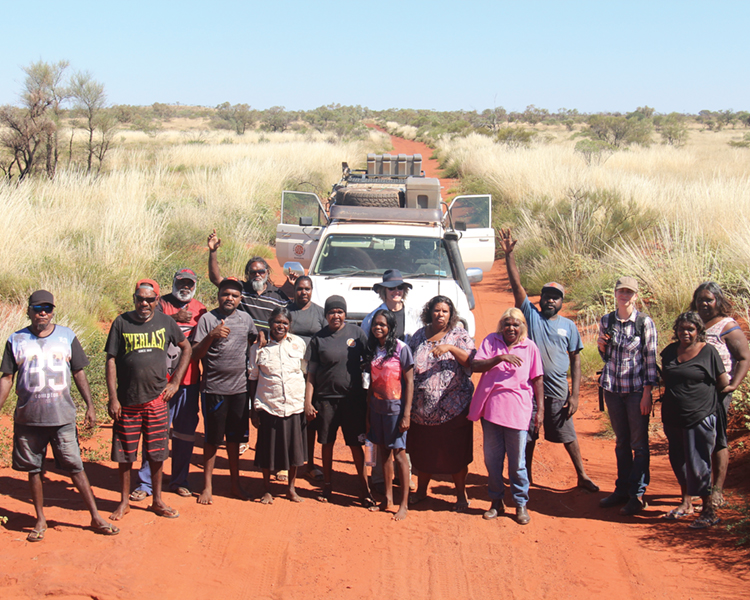
Indigenous engagement vital to saving species
Tuesday, 29 May 2018 -
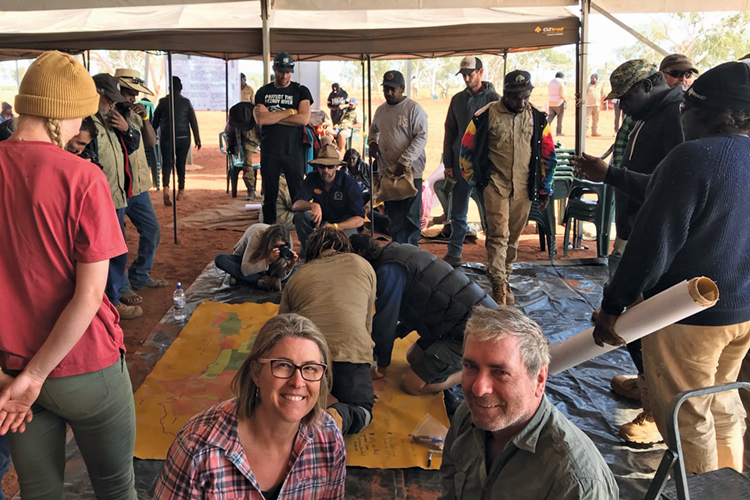
Indigenous people critical for threatened species
Tuesday, 13 August 2019 -
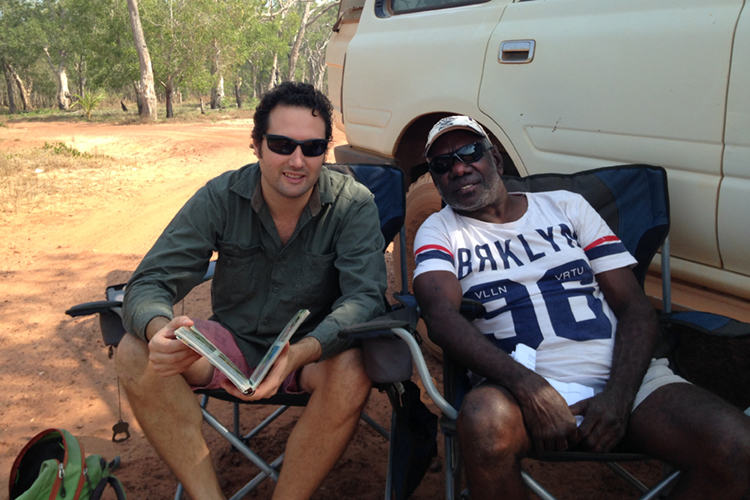
Looking after culturally significant and threatened species on the Tiwi Islands
Tuesday, 20 August 2019 -
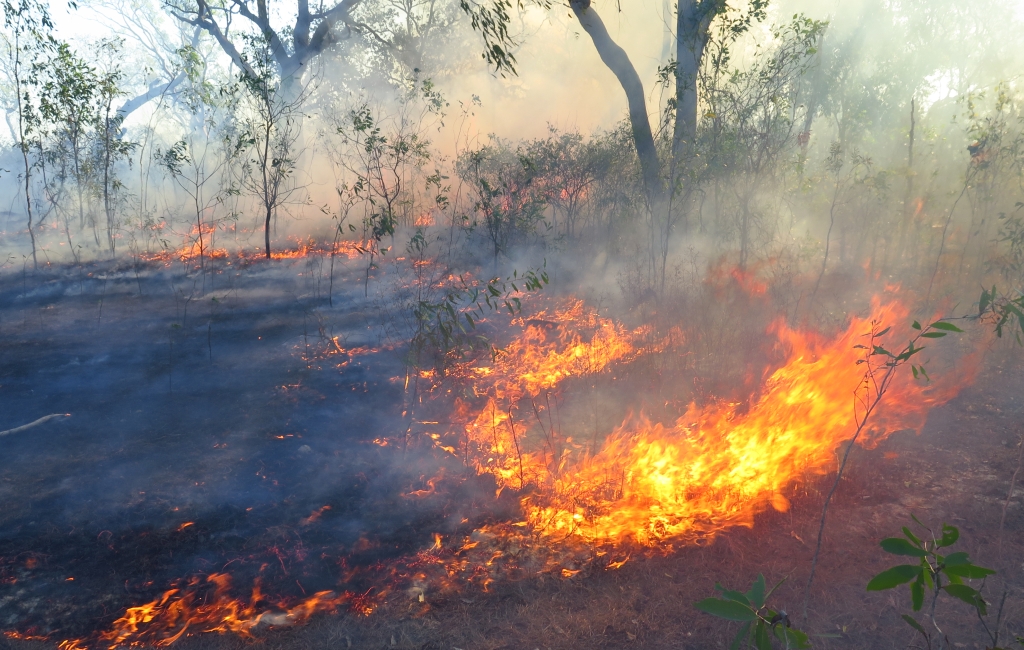
Partnerships with Indigenous communities key for threatened species
Wednesday, 30 March 2016 -
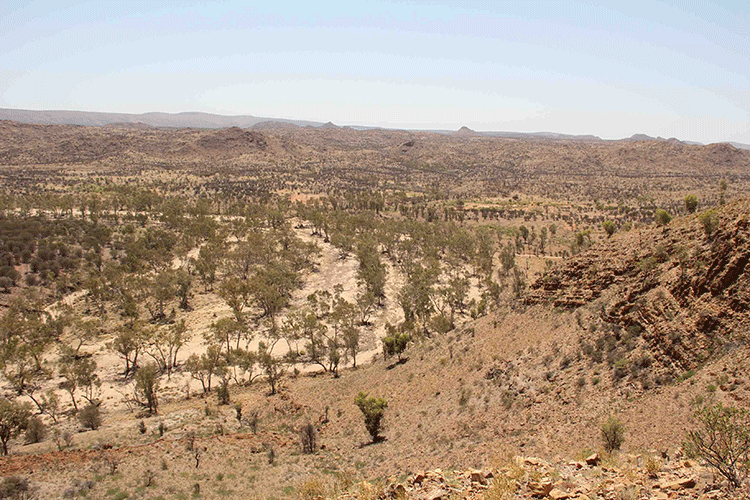
What's the overlap
Wednesday, 07 June 2017 -
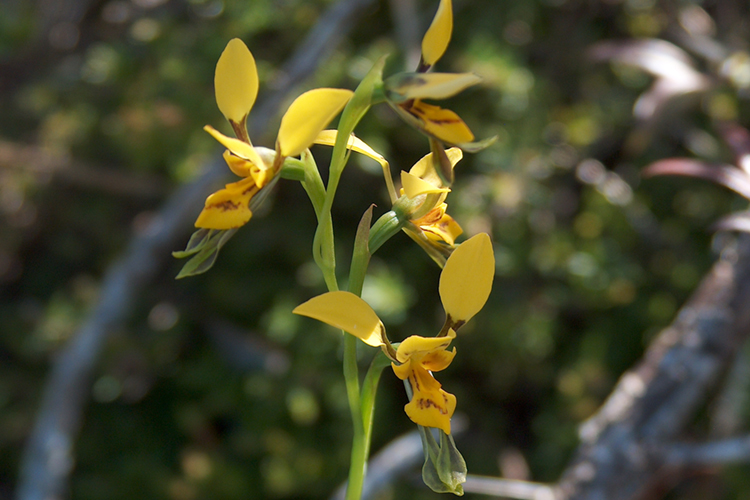
Working together to care for the Byron Bay orchid
Tuesday, 20 August 2019 -
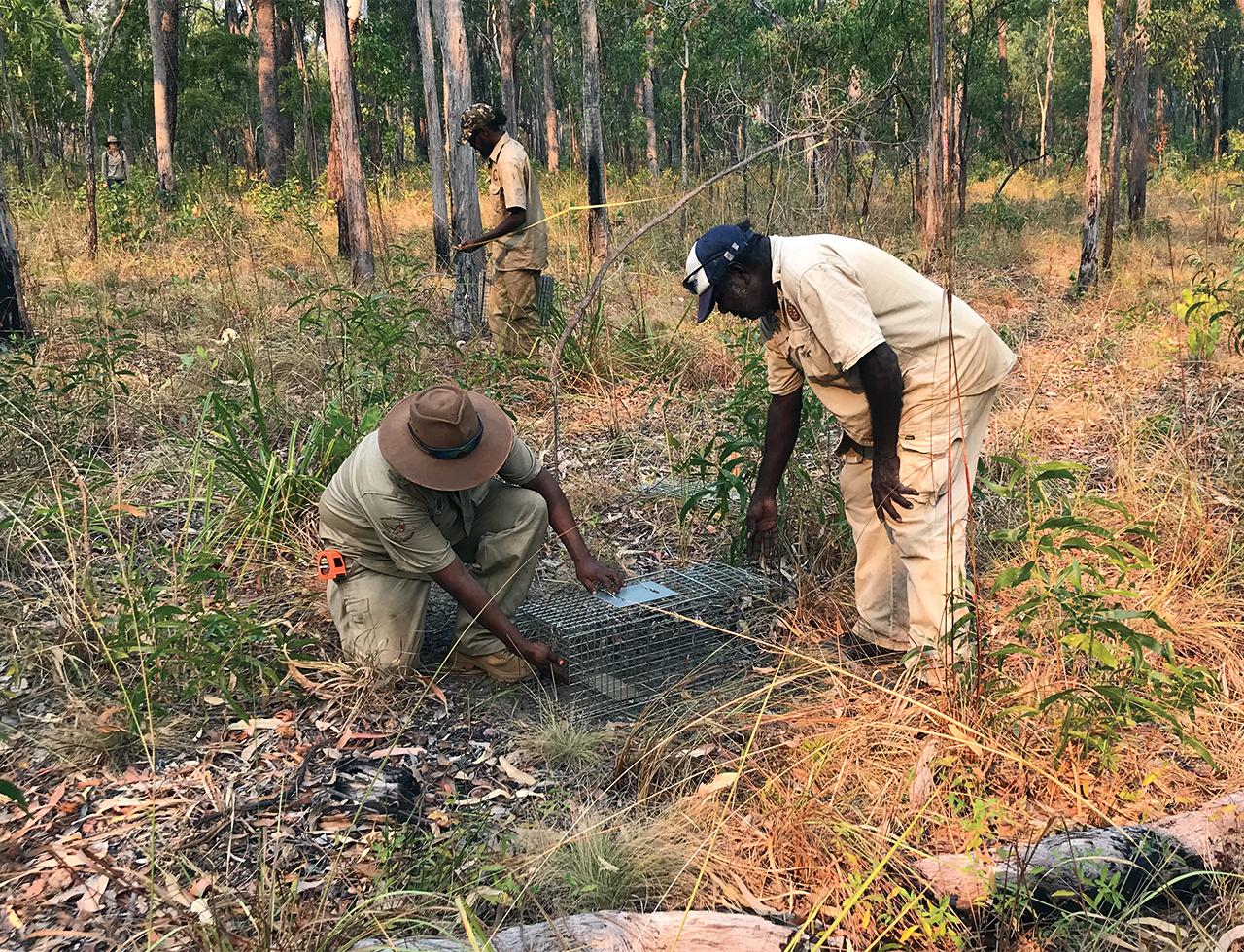
Building collaboration and two-way science
Sunday, 12 December 2021
